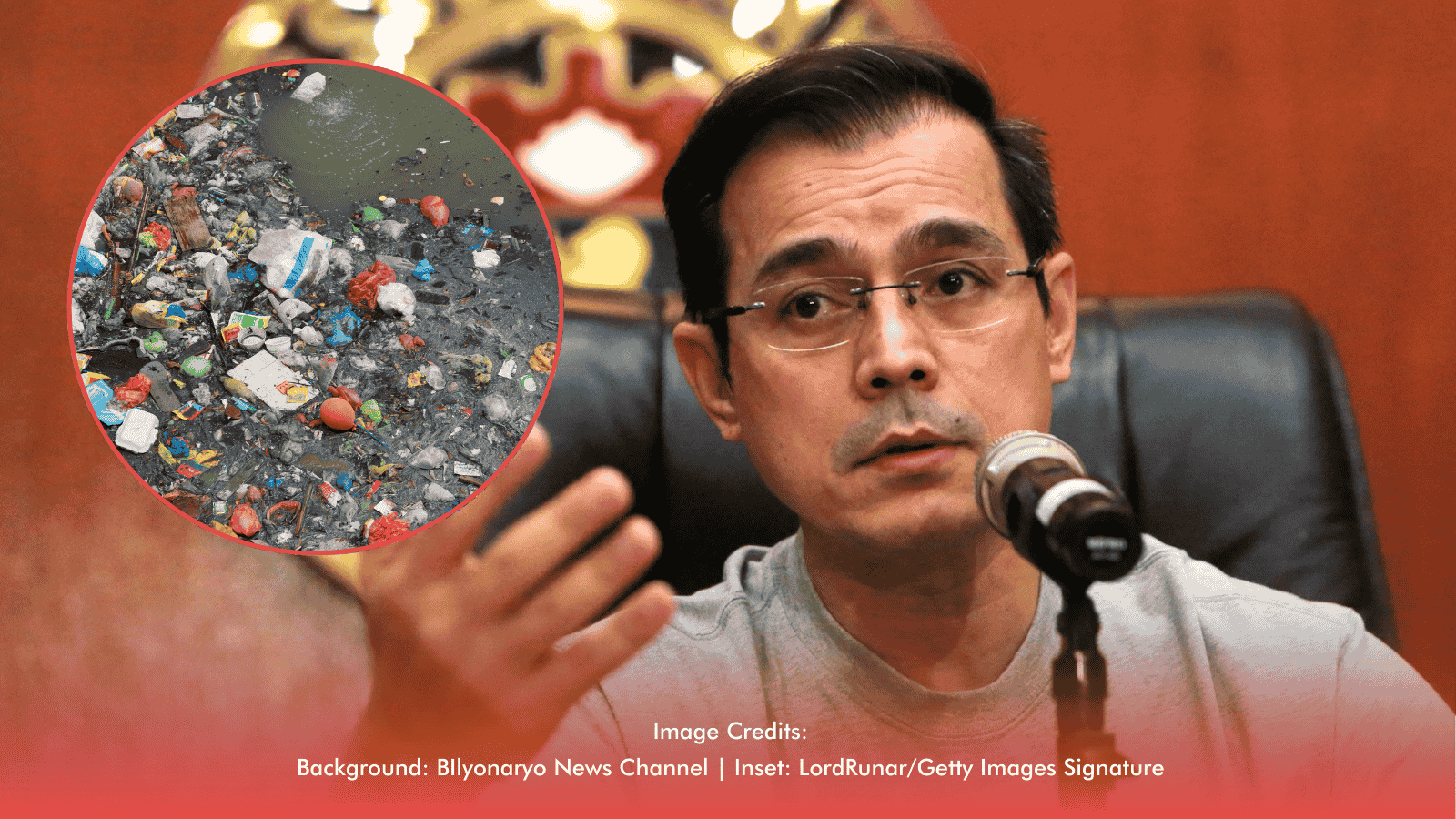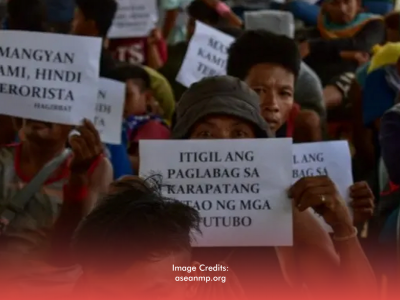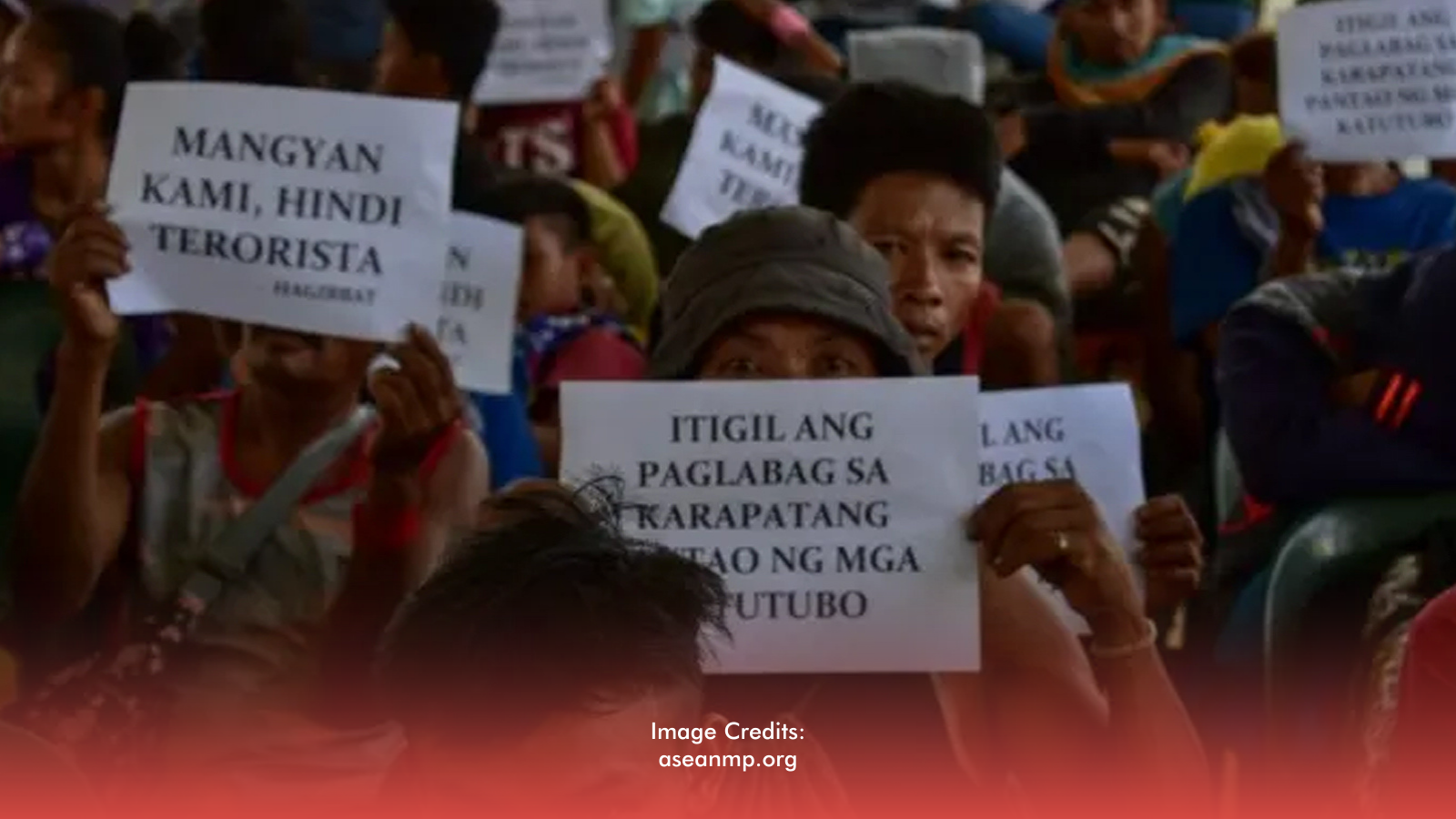Manila Mayor Isko Moreno recently declared a state of garbage crisis in the city, citing severe issues with waste management that have plagued Manila for years. Addressing the media, Mayor Moreno pointed out that the current situation is not just unsightly but poses serious health risks to residents.
RELATED: [Plastic-Eating Fungi Provide Hope In World's Ocean Pollution Dilemma]
The Garbage Collection Crisis
On June 30, 2025, on his very first day back at City Hall, Mayor Francisco “Isko” Moreno Domagoso declared Manila under a full-blown garbage crisis and immediately requested a Citywide State of Health Emergency.
He revealed that Manila owed nearly Php 950 million to three waste contractors—Leonel Waste Management (P561-M) and two newer firms, MetroWaste and PhilEco (P400-M)—who suspended operations due to unpaid fees.
Moreno refused to dwell on blame. In his own words: “We will not point fingers. We will act on the matter. We will confront this problem head-on.”
How It Affects Manileños
Health dangers: Piles of rotting garbage have become breeding grounds for disease-carrying pests. Decomposing organic waste emits methane and foul odors, thereby compounding air pollution and increasing the risk of outbreaks of leptospirosis, dengue, and respiratory illnesses, particularly in densely populated areas.
Flooding woes: With clogged drains and blocked canals, even moderate rainfall now triggers flooding in places like Quiapo, Tondo, Recto Avenue, and Divisoria. MMDA crews temporarily shut down the Abucay pumping station when trash tangled its impeller, highlighting how garbage worsens flood risks.
A Call to Manileños
For many Manileños, this is more than an environmental issue—it’s a daily survival struggle. Families sleeping beside their garbage, kids breathing toxic air, streets turning into open sewers, and communities shut out of clean-up planning.
Mayor Isko framed it bluntly: "Leave politics behind. It’s time to fulfill your sworn duty to the people, not to politicians.”
This garbage crisis isn’t a distant headline. It’s the smell by your window, the flood that floods your street, the health scare in your family. And it’s fixable—but only if we act now, together.
This moment is vulnerable—but it’s also potent. If Manila’s residents and its leaders unite, this crisis can become a turning point. Clean streets, safer homes, healthier children—all possible. The crisis needs resolution—no more delays, no more excuses.








